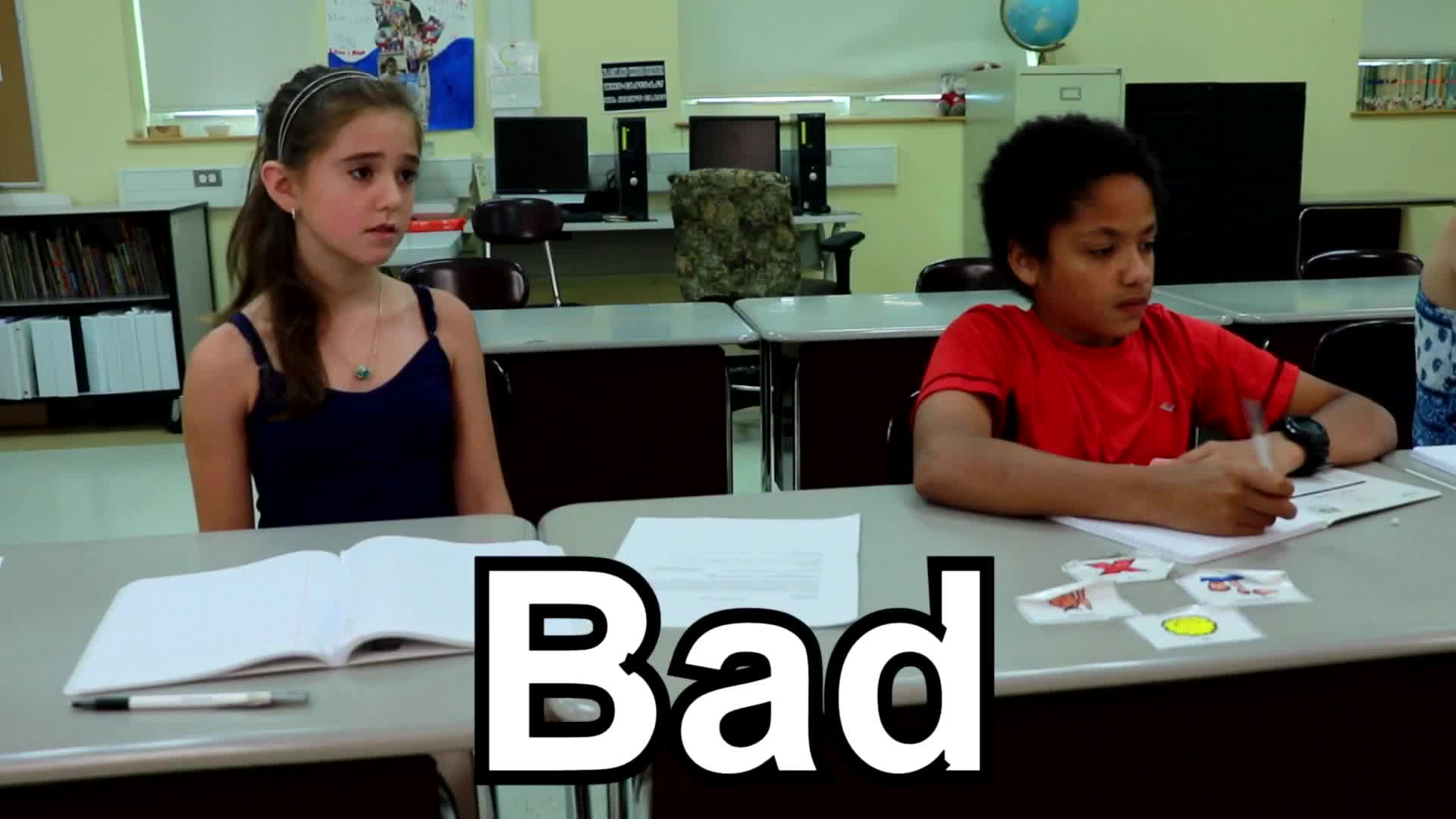
Introduction
Educators of PreK students often face the challenge of teaching their young learners to make good choices in the classroom and resist the temptation to copy others’ misbehavior. This blog post will provide an overview of the skills that can help students recognize appropriate behavior and avoid copying others just to look cool or make their peers laugh. By incorporating principles of Social-Emotional Learning, educators can guide students to develop self-awareness, empathy, and responsible decision-making.
No-Prep Activity: The Good Choice Game
The Good Choice Game is a simple, no-prep activity that requires no materials from the educator. To play this game, have students sit in a circle. The educator begins by describing a scenario involving a student making a poor choice, such as copying someone else’s misbehavior. Then, the educator asks the students to think of a better choice the student could have made in that situation. Students take turns sharing their ideas, and the educator provides positive reinforcement for good choices. This activity encourages students to think critically about their actions and consider alternatives to copying misbehavior.
Discussion Questions
- Why is it important to think before copying someone else’s behavior?
- Can you think of a time when you made a good choice instead of copying someone’s misbehavior? How did that make you feel?
- What are some ways to make your friends laugh without copying misbehavior?
- How can we help our friends make good choices in the classroom?
- Why is it important to be a good role model for our classmates?
Related Skills
In addition to learning how to choose appropriate behavior over copying misbehavior, students can develop other essential skills to support their social-emotional growth. These skills include:
- Self-awareness: Understanding one’s feelings, thoughts, and actions.
- Empathy: Recognizing and understanding the feelings of others.
- Responsible decision-making: Making thoughtful choices that respect oneself and others.
- Conflict resolution: Resolving disagreements in a respectful and constructive manner.
- Communication: Expressing oneself clearly and listening actively to others.
Next Steps
To further support your students’ development of these crucial skills, consider signing up for free samples of skill-building materials from Everyday Speech. These resources can help you ensure that your PreK students learn the importance of choosing appropriate behavior and not copying others’ misbehavior, setting them up for success in the classroom and beyond.

